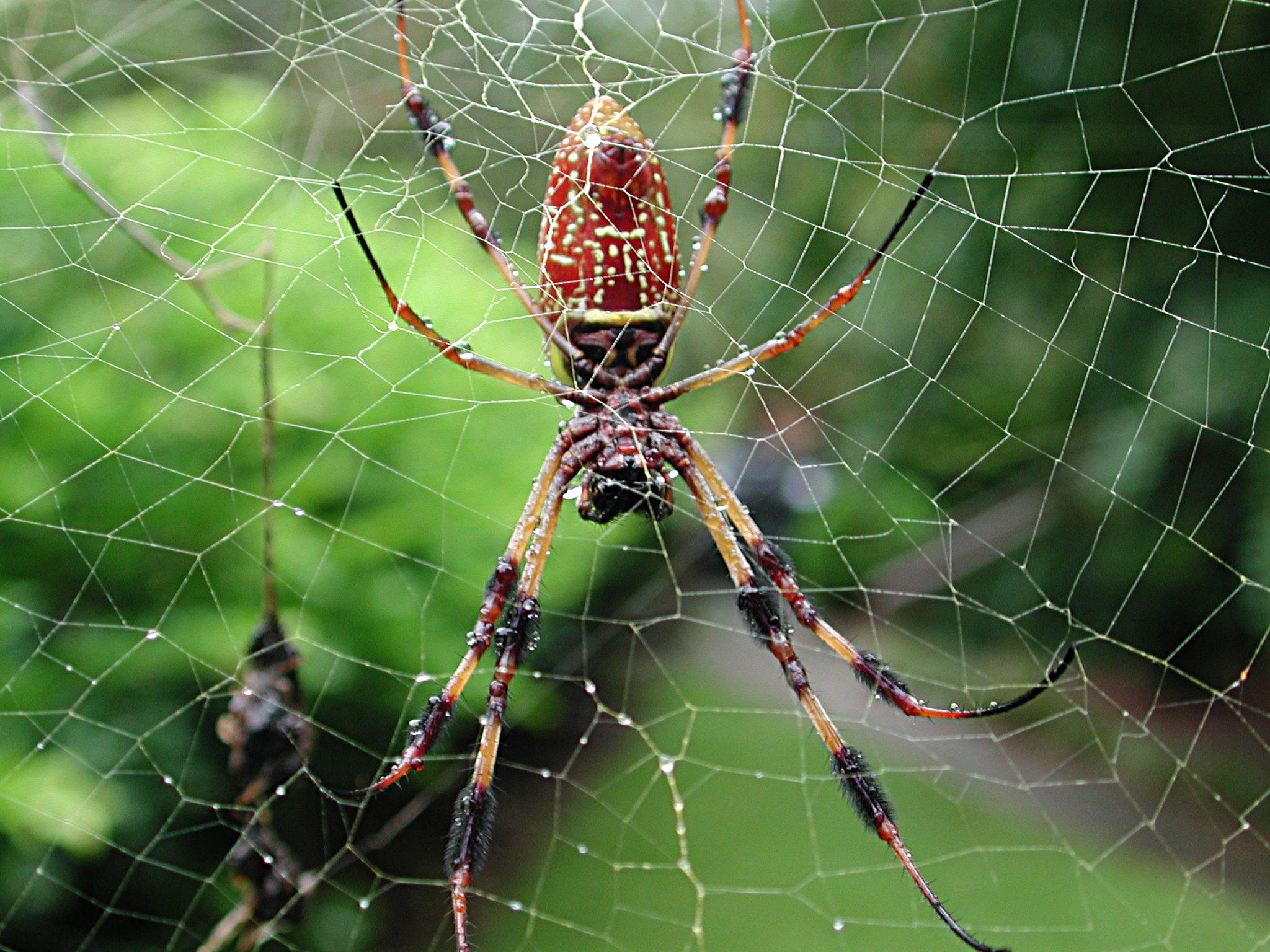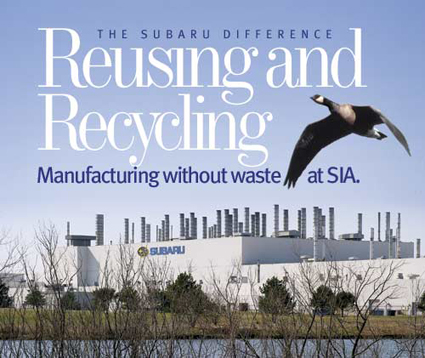
It is fair to say that the US economy is inefficient, with an absurdly small amount of input materials actually ending up in products. As Janine Benyus, author of Biomimicry, explains, part of the solution for these inefficiencies may begin with a "conscious emulation of life’s genius."
She points out that spiders make silk, as strong as Kevlar but much tougher, from digested crickets and flies, without needing boiling sulfuric acid and high-temperature extruders. Trees turn sunlight, water, and air into cellulose, a sugar stiffer and stronger than nylon, and bind it into wood, a natural composite with a higher bending strength and stiffness than concrete or steel. She explains further,
"In a society accustomed to dominating or improving nature, this respectful imitation is a radically new approach, a revolution really. Unlike the Industrial Revolution, the Biomimicry Revolution introduces an era based not on what we can extract from nature, but on what we can learn from her.
As you will see, ‘doing it nature’s way’ has the potential to change the way we grow food, make materials, harness energy, heal ourselves, store information, and conduct business.
In a biomimetic world we would manufacture the way animals and plants do, using sun and simple compounds to produce totally biodegradable fibers, ceramics, plastics, and chemicals. Our farms would be modeled on prairies, would be self-fertilizing and pest-resistant. To find new drugs or crops, we would consult animals and insects that have used plants for millions of years to keep themselves healthy and nourished."
Her book, Biomimicry, explains beautifully and with practical application the lessons to be learned and applied from living systems by industrial society. We highly recommend this read as we think that it will be invaluable towards the continued development of a sustainable economy.


